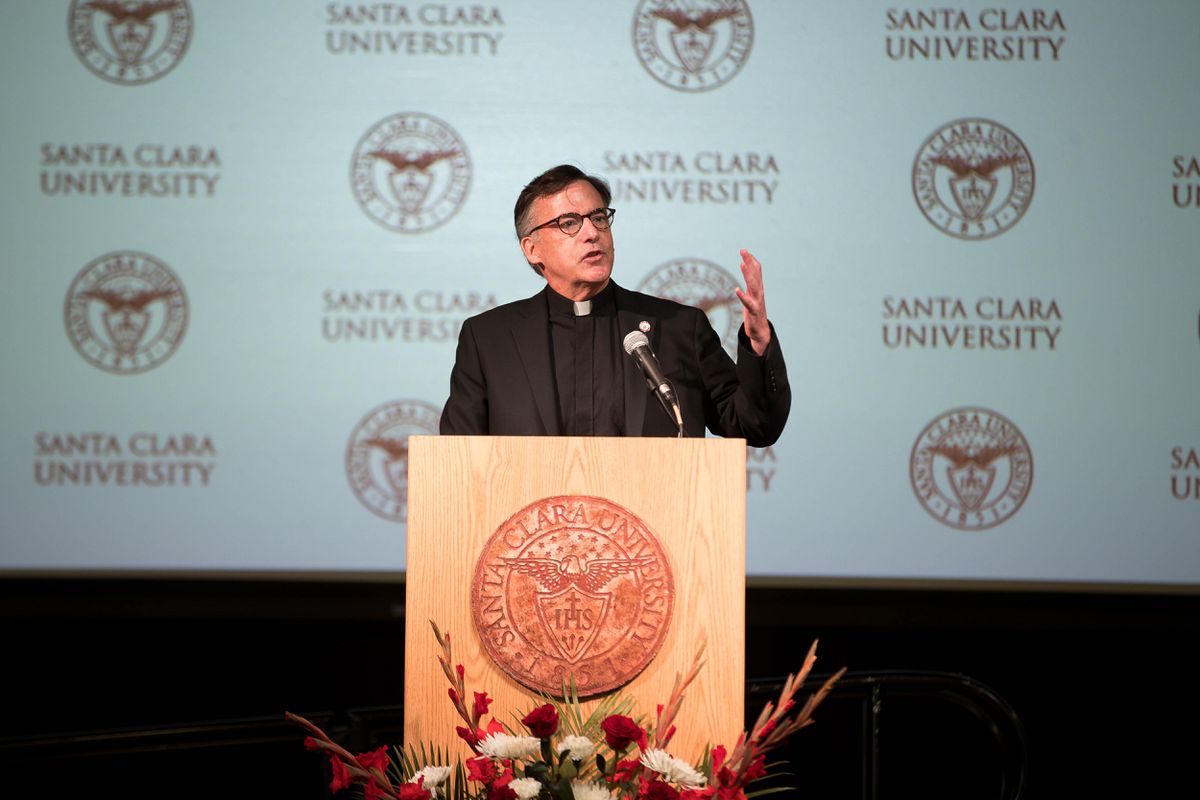Is Santa Clara U. Better Than Princeton? Earnings Data Say “Yes”

As one who ranked colleges for Forbes for about a decade, I am abundantly aware of both the complexities and the usefulness of assessing the quality of colleges and universities. Moreover, as I recently wrote on here, prospective students often tragically stumble choosing colleges, and rankings are one tool that helps them make informed decisions about where to attend.
A recent entry into ranking colleges is a company called Optimal, which recently issued its Best Colleges 2021 rankings. It appears that Optimal’s philosophy is that kids (and sometimes adult learners) go to colleges overwhelmingly for the primary purpose of getting a good job, so the real important question is: how much money will I make after I graduate? Using data from the U.S. Department of Education’s College Scorecard, Optimal ranks colleges by average earnings of graduates, adjusting for the fact that some colleges have graduates mainly in high paying occupations, so the data are standardized to account for variations in the importance of various fields of study between institutions.
The top three schools are Harvard, M.I.T and Yale —no big surprise there, similar to what other major rankings find. But big differences soon appear. Number 7 ranked Santa Clara University ranks above 13th ranked Princeton. Northeastern University outranks Northwestern University. And is the University of Texas of the Permian Basin as about as good of a school as the main campus of Texas A and M University, as the Optimal ratings imply? While I have visited Santa Clara and consider it a good school, and Northeastern is very solid, virtually all other collegiate rankers place Princeton well above Santa Clara and Northwestern above Northeastern. And I know few if any Texans that would rank the Permian Basin campus of UT the equal of the College Station flagship campus of A and M.
Nine of the top 50 schools in the Optimal rankings come from the single state of Massachusetts. By contrast, the 12 states in the Midwest, with about 10 times Massachusetts’ population, have only four schools listed in the top 50, only half as many as California. Actually, this is something observed to a slightly lesser extent among other rankings of schools which similarly favor schools in coastal states. Texas and Florida, with 15% of the American population, much more than California, did not have a single school in the Optimal Top 50.
Similarly, like US News and other rankings, Optimal finds a predominance of private schools at the top of its rankings. But, unlike most other rankings, Optimal very highly evaluates a number of on-line schools, some for-profit institutions. The blanket indictment of for-profit education by some politicians seems unfair if the Optimal rankings (and post-college earnings) are relevant, as I think they are. Kudos to Optimal for even considering for-profit online schools like American Public University and Capella, both in the top 50 institutions based on Optimal’s salary model.
Optimal is a relatively young, small (30 employee) firm whose leader, Sung Rhee ( a Phi Beta Kappa graduate of Harvard), impresses me as being both very intelligent and doing something very valuable: trying to provide students with knowledge that lead to better college choices. Like colleges themselves, he is in the information business.
To be sure, the federal salary data used by Optimal are highly imperfect (excluding students not receiving federal student financial aid). And there is more to college, most would argue, than just getting a job after graduation. Many consider the socialization dimensions of college important. Many make lifelong friends and even find spouses during the college years, something absent from on-line schools like Capella. University leaders pontificate upon the importance of universities in inculcating civic virtue and helping make good citizens, characteristics not necessarily reflected purely by salary data. And even in evaluating college simply in pecuniary terms, the benefits of college need to be adjusted for tuition costs, to find schools that maximize the rate of return on college investment.
All that said, however, more information is better. When it comes to learning about colleges, ignorance is seldom bliss. I think Optimal and other likeminded competing successful firms pursuing financial gain for themselves can benefit America by promoting more informed collegiate decision-making.
My latest book is Restoring the Promise: Higher Education in America.
Published at Tue, 16 Feb 2021 17:16:12 +0000